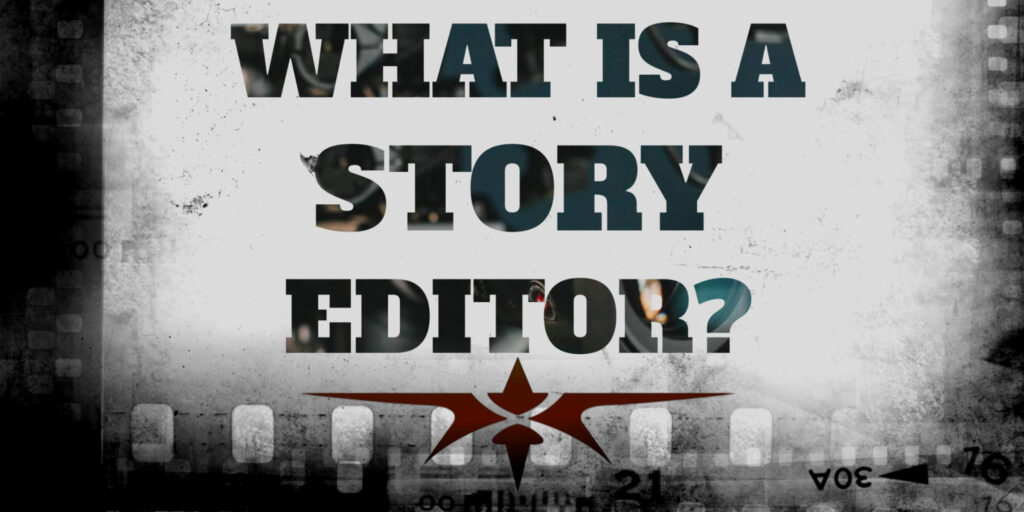What is a Story Editor & What is their Job on Set?
The story editor is sometimes referred to as the supervising producer and carries several responsibilities when working on the film set. They are often in charge of finding a scriptwriter, helping the writer to develop a story, and ensuring that the script that is produced by the writer is appropriate for production. Story editors work very closely with the writer to ensure that the draft that is produced not only brings the script to life but also ensures that practical issues such as continuity and running time are adhered to.
Story editors supervise the screenwriting staff and edits the screenplay. Sometimes the editor role is somewhat overlapping of the head writer role in that, they both perform similar job duties in ensuring the script is properly conducted in a way that keeps it in line with the appropriate continuity and run time.
Most story editors work their way into this role after first working for some time as a staff writer. The demands of the role require story editors to have strong communication skills, excellent ability to conceptualize thoughts into creative storylines, and the ability to take deep criticism with ease.

Story Editor Job Requirements
The requirements that are expected of the story editor include an ability to write scripts that will be produced for television, commercials or other forms of media. Most story editors actually do very little “editing,” and a whole lot of story writing. They often choose to delegate some of the creativity out to the executive producer but are free to actively work on the pitch and production of the project mostly solo.
Story editors must be able to properly outline full episodes or shows without missing important or essential elements of a great plot. Once a preliminary script has been selected, various members of the writing staff work on refining the script and making it come to life. However, in the end, it’s only the author that gets the credit for writing the story.
Story editor routines are much like those of the staff writer. They tend to be somewhat similar from day-to-day. However, story editors are often expected to produce up to 45 pages of written storyline every week which can be extremely challenging even for those who are highly creative and skilled in this field.
Those who work as story editors usually work freelance and have an agent that helps to secure assignments and pay increases for them. Most story editors start out as staff writers, therefore you will notice that the majority of the people that fill this role are not extremely young. It takes time, and knowledge, in order to work your way up in this field.

Story editors may be required to:
● Work with production heads to select writers and essential material
● Recommend material required to develop scripts
● Secure written material for use in developing scripts for television or motion pictures.
● Rewrite, combine or otherwise edit drafted scripts in preparation for production.
● Read stories that are potentially included as sources in developing scripts for production.
● Assign staff members to write and ensure continuity of scripts.
Story Editor Essential Skills

Story editors have several essential skills including the ability to schedule time wisely and communicate well with others. Those who write for film are generally backed by a college-level degree in English, creative writing, or a similar field. A concentration on scriptwriting when taking television or film production courses can help one to advance into the story editor position.
Story editors often take several different types of classes to help them gain the skills required to produce great stories. This role requires talent that is both learned and given. Writers must internalize a voice that essentially creates characters that connect with an audience and keep viewers coming back.
Because a story editor may be required to work on several different productions at a given time, they must be able to multitask and should be flexible with their ability to work well under pressure.



